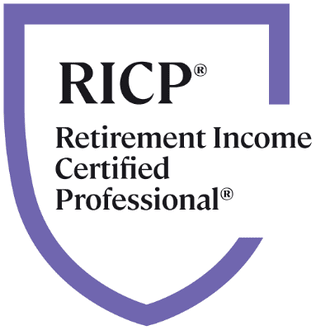
Charitable Giving and Donor-Advised Funds: A Smart Way to Give Back and Save on Taxes
Many people want to support causes they care about, especially during retirement or after a strong year in the stock market. But did you know there’s a way to give to charity and lower your taxes at the same time?
That’s where a Donor-Advised Fund (DAF) comes in. It’s a flexible, tax-efficient tool that helps you manage your charitable giving, both now and in the future.
What Is a Donor-Advised Fund?
A Donor-Advised Fund is like a personal charitable account. You put money (or investments) into the account, get an immediate tax deduction, and then decide over time which charities you want to support.
It works like this:
- You contribute cash or investments to your DAF.
- You get a tax deduction for the year you make the contribution.
- Your money can grow tax-free inside the fund.
- You “recommend” grants to charities whenever you want—next week or years from now.
Why Use a Donor-Advised Fund?
There are a few big reasons why DAFs are so popular:
- Immediate tax benefits: You get a tax deduction in the year you contribute, even if you wait to give the money to a charity later.
- Investment flexibility: The money in the fund can be invested and grow over time.
- Simple recordkeeping: You only need to track one receipt—for your DAF contribution—rather than multiple receipts from different charities.
Great Strategy: Donating Appreciated Investments
If you have investments that have gone up in value—like stocks or mutual funds—a smart move is to donate them instead of cash.
Here’s why:
- You avoid paying capital gains tax on the growth.
- You get a full tax deduction for the fair market value.
- The charity gets the full value of the gift.
DAFs make it easy to contribute these appreciated assets without having to sell them first.
Bunching Charitable Gifts
With today’s higher standard deduction ($29,200 for married couples in 2025), many people don’t get a tax break for small donations. But with a DAF, you can “bunch” several years’ worth of giving into one tax year, take the deduction, and still give the money to your favorite causes over time.
Who Should Consider a DAF?
A Donor-Advised Fund might make sense if you:
- Have appreciated investments you'd like to donate
- Are in a high tax bracket this year
- Want to simplify your giving
- Want to involve your family in charitable decisions
You don’t need millions to open a DAF—many providers allow you to start with as little as $5,000 or less.
The Bottom Line
A Donor-Advised Fund is a powerful way to support the causes you care about while also lowering your tax bill. It gives you control, flexibility, and simplicity—all in one place.
Interested in adding charitable giving to your financial plan? Schedule a free consultation and we can talk through smart strategies that align with your values and your finances.
*We believe the information provided is accurate, but it’s not intended as tax or legal advice and shouldn’t be used to avoid federal tax penalties. For guidance on your specific situation, please consult your own tax or legal advisor. If you’re doing estate planning, it’s important to work with professionals, including your attorney or tax expert. This content does not include specific investment advice or recommendations to buy or sell any securities. Also, while strategies like asset allocation and diversification can help manage risk, they do not guarantee profits or protect against losses in a declining market.





